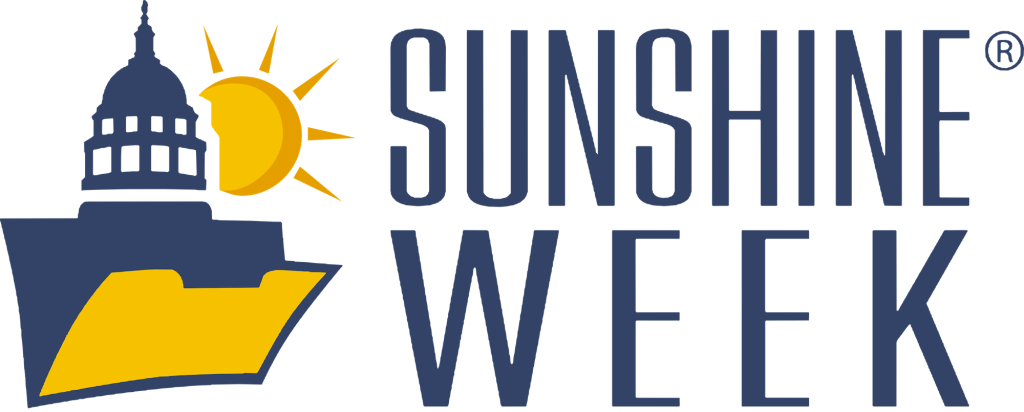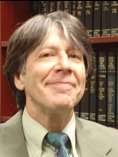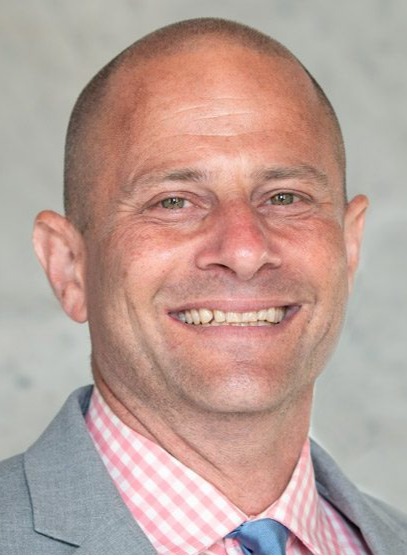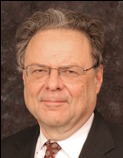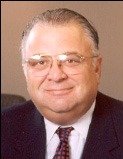Tom Curley became president and chief executive officer of The Associated Press on June 1, 2003. He is the 12th person to lead AP since its founding in 1846. Under Curley’s leadership, AP is evolving from a wire service into an interactive global news network. At the same time, Curley has deepened AP’s longstanding commitment to the people’s right to know, and serves as one of the country’s most visible and aggressive advocates for open government.
A seminal date for Curley’s tenure as leader of the world’s largest newsgathering organization was May 7, 2004. He outlined his initiative for more open government at all levels in the United States, calling on his news-industry colleagues to do more to protect freedom of information. “The powerful have to be watched, and we are the watchers,” he said in his hallmark Hays Press Enterprise lecture.
Under his leadership, AP played a critical role in the establishment of a coalition of news organizations and journalism-related groups to promote accessible, accountable and open government. The Washington, D.C.-based Sunshine in Government Initiative seeks to combat what the groups see as increased government secrecy since the 2001 terrorist attacks.
After Sunshine Week 2005, Curley told the National Freedom of Information Coalition “the most important battle lines are drawn and the greatest advances on FOI have been made in your bailiwicks — in county seats and city halls and statehouses.”
The Associated Press handles more than 40 actions a year to assure journalists have access to events, proceedings and information. AP’s commitment to freedom of information is illustrated by its determined work to report on the hundreds of detainees being held nameless and incommunicado at the U.S. Naval Base in Guantanamo Bay, Cuba. Last year, after months of FOI requests, a formal written appeal and a federal lawsuit, thousands of pages of transcripts and other documents were finally released. Even so, many were missing, names excluded and portions blacked out. AP protested again. In February 2006, a federal judged ordered the Pentagon to release the uncensored transcripts of detainee hearings, which contain the names of the detainees.
Curley was previously president and publisher of USA TODAY, the nation’s largest-selling daily newspaper. From 1998 he was also senior vice president of the newspaper’s owner, Gannett Co., Inc., publisher of 100 daily newspapers in the United States.
Class of 1996
- Samuel J. Archibald
- Scott Armstrong
- U.S. Sen. Hank Brown
- Harold L. Cross
- Lucy A. Dalglish
- Earl English
- U.S. Rep. Dante Fascell
- Paul Fisher
- William H. Hornby
- Jane E. Kirtley
- Jack C. Landau
- U.S. Sen. Patrick J. Leahy
- U.S. Sen. Edward Long
- Paul K. McMasters
- U.S. Rep. John E. Moss
- J. Edward Murray
- Virgil M. Newton Jr.
- Jean H. Otto
- James S. Pope
- Harold C. Relyea
- Richard M. Schmidt Jr.
- Sheryl L. Walter
- Bruce W. Sanford
- J. Russell Wiggins
Class of 2006
- Andrew Alexander
- Gary Bass
- Thomas S. Blanton
- Danielle Brian
- David Burnham
- Hodding Carter III
- Tom Curley
- Tom Devine
- Kevin Goldberg
- Morton H. Halperin
- Charles W. Hinkle
- Kathleen A. Kirby
- Susan B. Long
- Robert D. Lystad
- John E. Pike
- Ronald L. Plesser
- Russ Roberts
- A. Bryan Siebert
- David Sobel
- Thomas M. Susman
- Mark Tapscott
